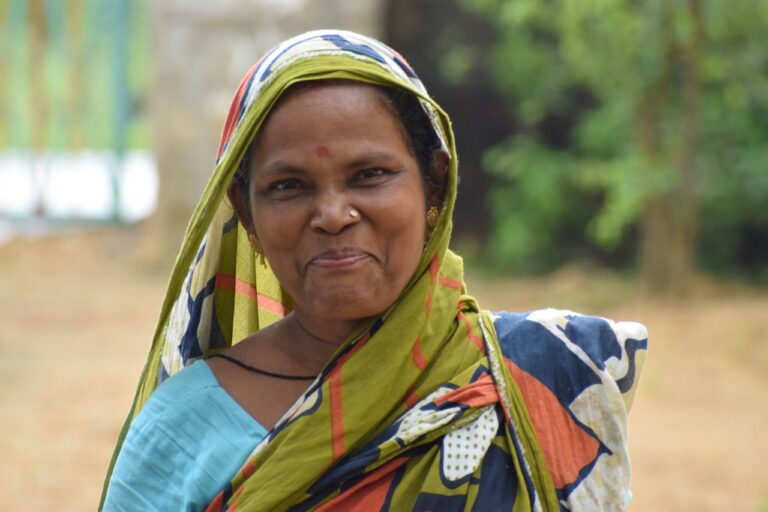Promoting Civic Duty: Initiatives to Encourage Voter Participation
Voting is a fundamental right that underpins the foundation of any democratic society. It provides individuals with a powerful opportunity to express their opinions, beliefs, and values on issues that directly impact their lives. By casting a vote, citizens contribute to the collective decision-making process, shaping the future direction of their communities, states, and countries. This act of participation is essential for ensuring that the voices of all members of society are heard and reflected in the policies and laws that govern them.
Furthermore, voting is a crucial mechanism for holding elected officials accountable to the people they serve. When citizens actively participate in elections, they send a clear message to their representatives about the issues that matter most to them. This accountability serves as a check on the power of those in office, reminding them that they are ultimately responsible to the voters who put them there. In this way, voting empowers individuals to have a direct impact on the decision-makers who have the authority to shape the social, economic, and political landscape in which we live.
The Impact of Voter Turnout on Democracy
Voter turnout plays a crucial role in shaping the health of a democratic society. When more individuals participate in elections, the governing bodies better reflect the will of the people they serve. High voter turnout indicates a more engaged citizenry, leading to increased legitimacy of the elected officials and policies.
Conversely, low voter turnout can have detrimental effects on democracy. When a significant portion of the population abstains from voting, it can lead to a lack of diverse perspectives and a disconnect between the government and its citizens. This can result in decisions being made without the input of a broad range of voices, potentially marginalizing certain communities and weakening the democratic process overall.
Barriers to Voter Participation
Voter participation is a crucial aspect of any democracy, with every vote holding the power to shape the future of a nation. However, various barriers exist that hinder individuals from engaging in the electoral process. One notable barrier is voter registration requirements. In some regions, complex registration procedures and strict deadlines can discourage eligible voters from registering in time for elections.
Furthermore, accessibility issues pose a significant obstacle to voter participation. Limited polling locations, especially in rural or marginalized communities, can restrict individuals’ ability to cast their votes. Additionally, restrictive voting laws, such as voter identification requirements, can disenfranchise certain groups, impacting overall voter turnout. These barriers collectively contribute to lower levels of voter participation and highlight the need for ongoing efforts to address and eliminate these obstacles.
– Voter registration requirements can be complex and have strict deadlines
– Limited polling locations, especially in rural or marginalized communities, hinder voter accessibility
– Restrictive voting laws, such as voter identification requirements, disenfranchise certain groups
Why does voting matter?
Voting is a fundamental right in a democracy that allows individuals to have a say in who represents them and makes important decisions on their behalf. It is a way for citizens to participate in the democratic process and have a voice in shaping the future of their country.
What is the impact of voter turnout on democracy?
Voter turnout has a direct impact on the legitimacy of democratic governments. When more people participate in elections, the government is seen as more representative of the will of the people. Low voter turnout can lead to elected officials not accurately representing the interests and needs of the population.
What are some barriers to voter participation?
There are several barriers that can prevent individuals from voting, including restrictive voter registration laws, lack of access to polling locations, long wait times at polling stations, misinformation about voting procedures, and disenfranchisement of certain groups of people. These barriers can disproportionately affect marginalized communities and contribute to low voter turnout.







